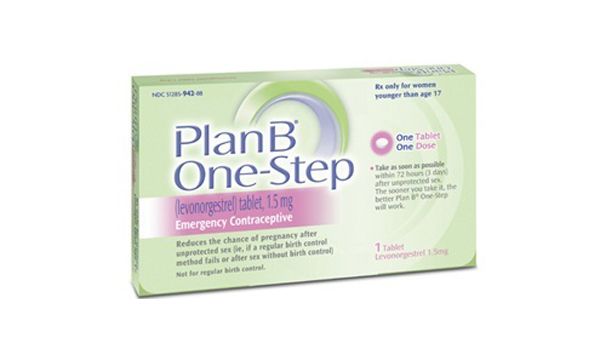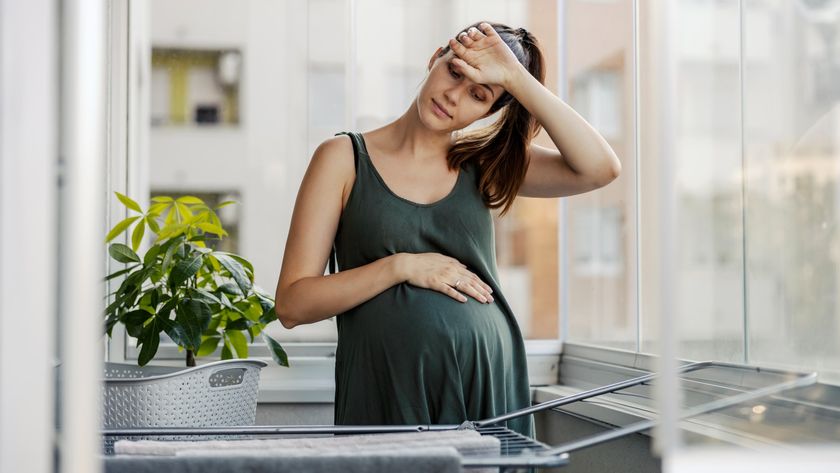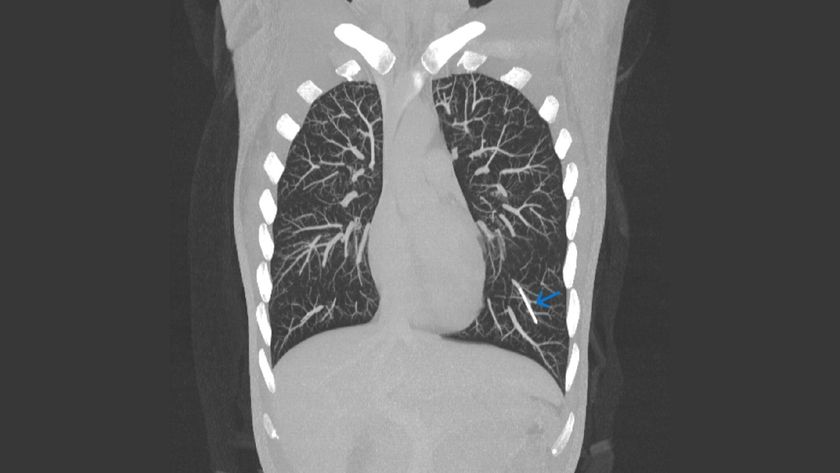Morning-After Pill: Plan B Controversy Explained

Now that the U.S. Department of Health and Human Services has said it will continue to require adolescents 17 years of age and younger to obtain prescriptions before taking the emergency-contraceptive pill Plan B (also known as the morning-after pill), we answer some questions you might have about the decision.
How does Plan B work?
Plan B, manufactured by Teva Women's Health, contains levonorgestrel, a hormone found in most birth control pills, but at a higher dose. Plan B should be taken within 72 hours of unprotected sex and is intended to prevent pregnancy if other forms of contraception fail or if no contraception was used, according to Teva.
Plan B can prevent pregnancy in three ways: by stopping the release of an egg from the ovary, by preventing the fertilization of an egg and by preventing a fertilized egg from attaching to the uterus, according to the Food and Drug Administration.
Is it the same as the abortion pill?
No. Plan B is a contraception pill, meaning it prevents pregnancy. If you are already pregnant, the pill will not work. The drug "will not disrupt or affect an existing pregnancy," according to Teva.
The "abortion pill," or mifepristone, can terminate pregnancy, and can be taken up until a woman is 9 weeks pregnant, according to Planned Parenthood.
Sign up for the Live Science daily newsletter now
Get the world’s most fascinating discoveries delivered straight to your inbox.
Why did HHS say teens need a prescription for it?
Plan B is currently available over the counter (without a prescription) for women ages 17 and older. Women younger than 17 can get the drug, but they need a prescription.
Teva submitted an application to the FDA seeking to have Plan B approved for over-the-counter use in all women able to bear children. In order to receive approval, the company needed studies showing the drug is safe and effective in adolescent women, and that young women would understand how to use the drug appropriately without consulting a doctor.
HHS Secretary Kathleen Sebelius said the studies submitted to the FDA did not meet this requirement because they "did not contain data for all ages for which this product would be available for use." Although girls in early adolescence are capable of having children, there are significant cognitive and behavioral differences between the youngest and oldest adolescents, Sebelius said. She noted that about 10 percent of girls begin menstruation when they are around 11 years old.
What is the FDA's stance?
The Center for Drug Evaluation and Research, part of the FDA, said it reviewed Teva's application and determined Plan B was safe and effective for use in girls younger than 17, and that these young women understood how to use the product appropriately.
Dr. Margaret Hamburg, FDA commissioner, said, "I agree with the Center that there is adequate and reasonable, well-supported and science-based evidence that Plan B One-Step is safe and effective and should be approved for nonprescription use for all females of child-bearing potential."
However, the HHS did not agree with the FDA's decision and overruled it.
What do doctors say?
Three medical organizations, the American Academy of Pediatrics (AAP), the American Congress of Obstetricians and Gynecology (The College) and the Society of Adolescent Health and Medicine (SAHM), have denounced the decision by HHS to keep Plan B available to adolescents by prescription only. The AAP says the decision goes against the current evidence supporting the use of emergency contraception in adolescent women.
"The decision to continue restricting access to this safe and effective product is medically inexplicable," Dr. Robert Block, president of the AAP, said in a statement issued yesterday (Dec. 7).
The AAP and SAHM still recommend that adolescents be counseled on use of emergency contraception by their doctor, but say such counseling can occur in the context of a larger discussion about safe sex and family planning.
How much does it cost?
The cost of morning-after pills can range between $10 and $70, according to Planned Parenthood.
What are the side effects and risk?
Plan B can cause changes in a woman's menstrual cycle,nausea, lower-abdominal pain, fatigue, headache, dizziness and breast tenderness, according to Teva.
This story was provided by MyHealthNewsDaily, a sister site to LiveScience. Follow MyHealthNewsDaily staff writer Rachael Rettner on Twitter @RachaelRettner. Find us on Facebook.

Rachael is a Live Science contributor, and was a former channel editor and senior writer for Live Science between 2010 and 2022. She has a master's degree in journalism from New York University's Science, Health and Environmental Reporting Program. She also holds a B.S. in molecular biology and an M.S. in biology from the University of California, San Diego. Her work has appeared in Scienceline, The Washington Post and Scientific American.

Scientists reveal surprising factor that may prolong pregnancy

'Wandering' contraceptive implant travels to woman's lung in rare case
Most Popular


